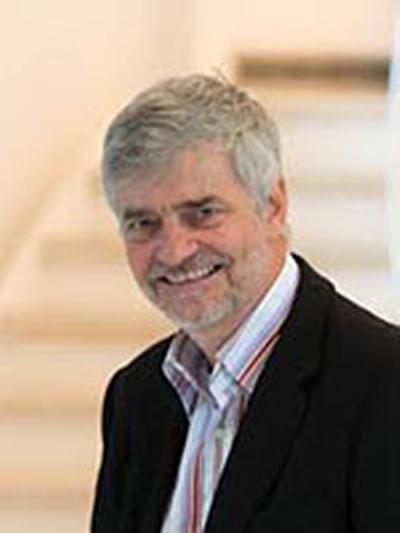
Philip Bartlett, Professor of Electrochemistry, University of Southampton
Phil received his BA (Hons) in 1978 from the University of Oxford and his PhD in 1981 from Imperial College, University of London. He was a Royal Society for the Exhibition of 1851 Fellow at Imperial College from 1981 to 1983 and moved in 1984 to become a Lecturer in Physical Chemistry at the University of Warwick. He moved from Warwick in 1991 to become Professor of Physical Chemistry at the University of Bath and then in 1992 to the University of Southampton as Professor of Electrochemistry. Phil is currently the Head of the Electrochemistry Section. Phil's research interests focus on the templated electrodeposition of nanostructured materials and on bioelectrochemistry.
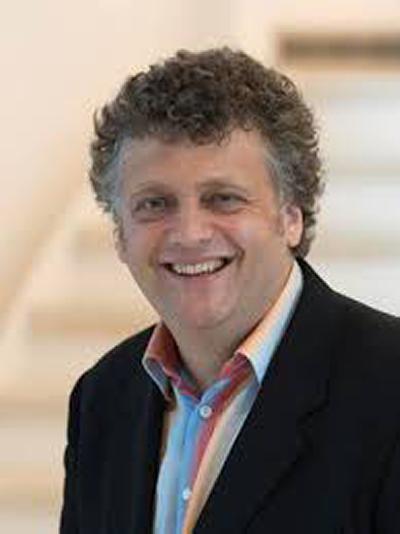
David Smith, Professor of Nanotechnology, University of Southampton
David studied Natural Sciences at the University of Cambridge and a DPhil in Physics at the University of Oxford, where he studied the ultrafast dynamics of semiconductors and superconductors. He has a strong background in laser spectroscopy and measurements of the dynamics of solids on the femtosecond timescale, e.g. time resolved incoherent Raman scattering, time resolved luminescence and pump-probe spectroscopy. His previous work includes vapour-liquid-solid nanowires, in the group of Prof. Lieber (Harvard), including e beam contacting of nanowires and charge transport measurements. He has developed methods for the growth of single walled carbon nanotubes from non-metallic nano particles, and has received funding from Merck for research on organic electronic transistors and development of a single molecule electronics test bed.
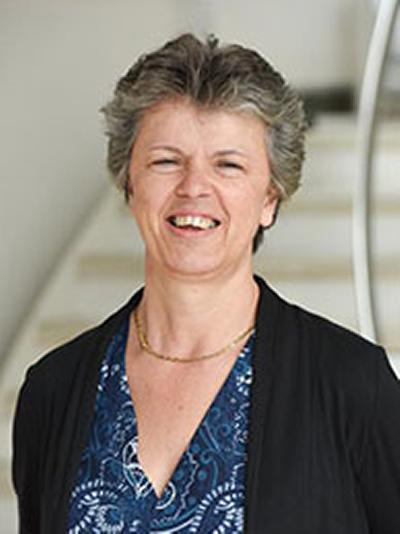
Gill Reid, Professor of Chemistry, University of Southampton
Gill’s research focus on transition metal and main group coordination chemistry is motivated by both fundamental studies of new ligand types that explore the influence of new metal-ligand combinations on properties and reactivity, as well as more application driven targets, that include developing tailored precursor complexes for depositing inorganic semiconductors (using chemical vapour deposition and electrodeposition) and new metal fluoride scaffolds for medical imaging applications.
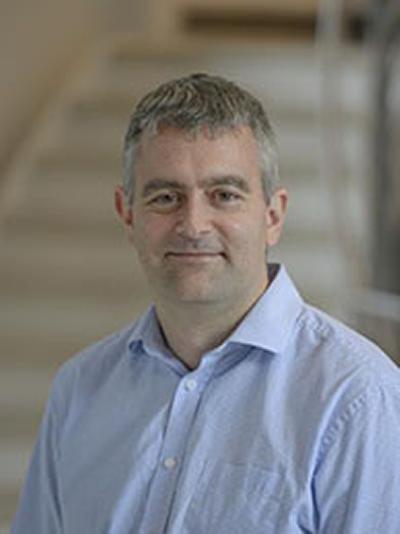
Andrew Hector, Professor of Chemistry, University of Southampton
Andrew obtained a BSc in Chemistry from Imperial College, London and a PhD in Ivan Parkin’s group at University College London. He came to Southampton in 1995 to work as a postdoctoral research fellow first in complex fluorides and oxyfluorides, then in lithium battery cathode materials. In 2000 he took up a Royal Society University Research Fellowship to study precursor routes to new metal nitride compositions. He was appointed to a lectureship in 2008, then promoted to senior lecturer in 2011 and a chair in 2015. Andrew is a member of the Electrochemistry research grouping. Externally he is a member of the Royal Society of Chemistry, the International Society of Electrochemistry and the American Chemical Society. He currently serves on the RSC Electrochemistry interest group committee and the EPSRC College, and serves on the Royal Society Research Grants panel.
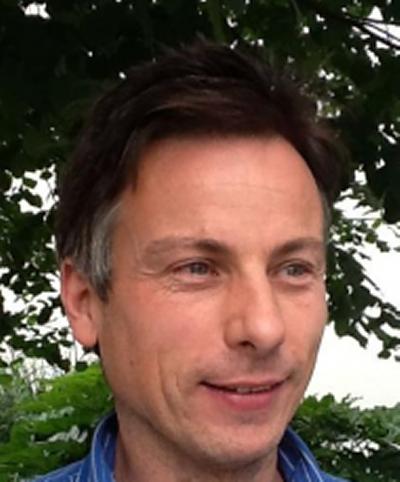
C. H. “Kees” de Groot, Professor of Nanoelectronics, University of Southampton
Kees joined the university of Southampton in 2000, and was promoted to professor in 2012. Prior to this, he was a research fellow at Massachusetts Institute of Technology, and a research assistant at Philips Research Laboratories, in the Netherlands. His main research interest is in the integration of novel nano-materials and devices with silicon electronics processing, with particular emphasis on the semiconducting properties of oxides, chalcogenides, and carbides. Recent breakthroughs in these areas include the first 100 nm GeSbTe phase change memory by (non-aqueous) electrodeposition, SiC resistive memory with a record 9 orders of magnitude on/off ratio, and selective growth by chemical vapour deposition of thermo-electric materials Bi2Te3 and Sb2Te3. He is also interested in pushing the boundaries of e-beam lithography and Helium ion milling to create functional structures such as magneto-electronic and plasmonic devices with sub-10 nm features and ultrafast modulation of optical and dielectric properties of ITO, AZO and VO2 by optical, electrical, and thermal methods.
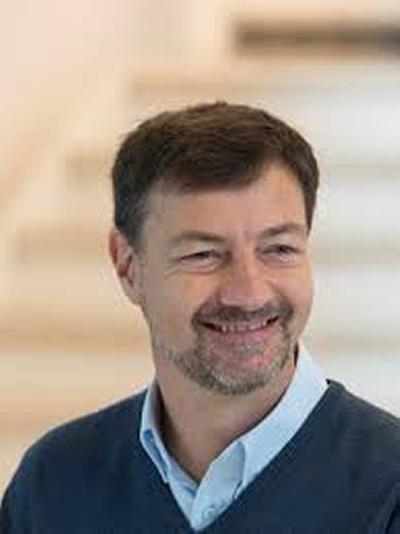
Richard Beanland, Reader in Physics, University of Warwick
Richard is Director of Warwick's Electron Microscopy (EM) facility. He has significant expertise in EM characterisation of semiconductor nanomaterials, including >10 years’ experience in industry. As a result of his EM skills, RB has been sought out by international groups, with the collaborations resulting in several very high profile publications in high impact journals. He leads the EM team providing essential structural and compositional information across the whole of the ADEPT programme, and leads the state-of-the-art TEM imaging studies on the nucleation process.
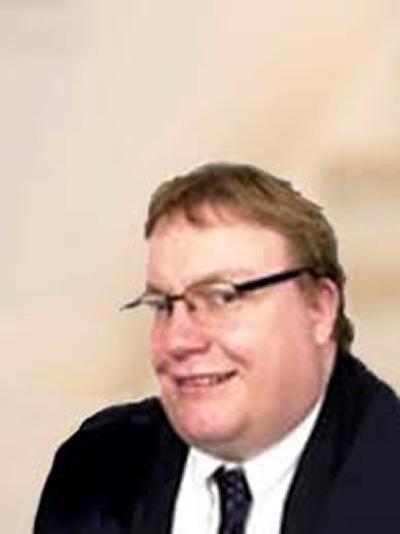
Mike George, Professor of Chemistry, University of Nottingham
Mike received his B.Sc. and Ph.D. from the University of Nottingham in 1987 and 1990, respectively. He remained at Nottingham for a further 18 months as a Postdoctoral Fellow. He was awarded a Royal Society/STA of Japan Postdoctoral Fellowship to work on organic photochemistry with Professor Hiro-o Hamaguchi at the Kanagawa Academy of Science and Technology (KAST). He returned to the University of Nottingham as an Experimental Officer (1993) and was appointed to a Lectureship in Inorganic Chemistry in 1998. He was promoted to a chair in 2002. He was awarded the Royal Society of Chemistry Edward Frankland Fellowship (2002-03); Corday-Morgan Medal (2004) and Photochemistry Award (2005). He was also awarded the 2005 Masao Horiba Special Award by Horiba Ltd. Japan.
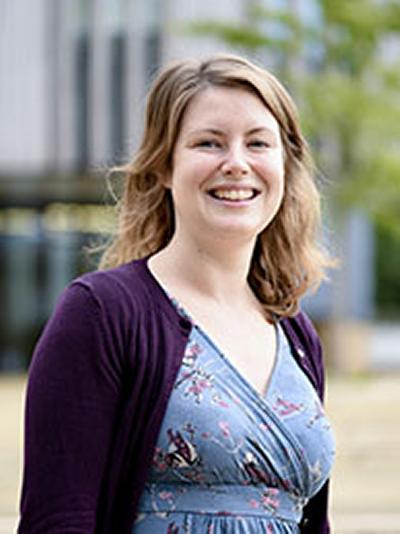
Josephine Corsi, ADEPT Programme Manager, University of Southampton
Jo graduated from the University of Southampton with a B.Sc. in Chemistry in 2007 and a Ph.D. in 2011, exploring the transcription of DNA within lyotropic liquid crystal phases. In 2010 she began postdoctoral research in the Centre for Hybrid Biodevices, working on oscillating chemical reactions within droplet microfluidic systems. Jo left the lab in 2011 and joined the widening participation team as Outreach Leader for Science and Engineering, before moving on in 2013 to the Interdisciplinary Research team, where she supported large networks of researchers. Jo joined the ADEPT project in May 2017 following a period of maternity leave.